|

|
|
State and Federal Communications—27 Years |
I always research the meaning of words
and numbers. This morning, I pondered
the meaning of the number 27. According
to
http://www.thesecretofthetarot.com, 27
expresses a “love for and interest in
the well-being of humanity and one who
is diplomatic and wise.” In the
 Bible,
the name “Abraham” appears in 27 books
and there are 27 separate books in just
the New Testament. Bible,
the name “Abraham” appears in 27 books
and there are 27 separate books in just
the New Testament.
This
is all good because July 1, State and
Federal Communications is celebrating
its 27th anniversary. We continue
to bring you all the resources you need
to know about lobbying, campaign
finance, and procurement lobbying in the
50 states, more than 300 municipalities,
federal government, and Canada.
Two years ago, we introduced our
European Guidebook and in 2020 we have
great news to share. We are taking
everything from Canada and Europe and
adding countries in Latin America to
bring you an International Guidebook! We
have Brazil, Peru, Chile, and Mexico in
the pipeline. Take the time to connect
with your global team and let us know if
we can add it to your suite of services.
We are offering it to current
subscribers at no cost until their next
renewal date.
Let me tell you about the great team of
folks who make up the staff. The tenure
runs from 25 years to seven months. Just
this year we will celebrate:
-
20 years for Jim Sedor, Manager, New
Services - News You Can Use;
-
15 years for John Cozine, Associate
Director, Compliance Services;
-
15 years for Amber Fish Linke,
Director, Client and Product
Development;
-
10 years for George Ticoras,
Manager, Research Services; and
-
5 years for Gamble Hayden,
Coordinator, Federal Compliance
Services.
I keep saying I must be doing something
right to have this great team of tenured
staff. It is because of them that I can
travel around the country to see our
clients at conferences and meetings
(well, that is before the pandemic hit.)
Please know running this company is in
my soul. Being the Queen of Compliance
is in my DNA. Please do not hesitate to
reach out at any time if there is
something we can assist you with or if
you have a question. I used to be able
to just answer questions about running a
business, but now I am an pretty expert
about PPP and PPEs and most importantly
how to protect the staff during a
pandemic.
Take care. Stay safe. And, please wear a
mask.
Thank you.
Elizabeth Z. Bartz
President and CEO
@elizabethbartz |
Kentucky Executive Agency Lobbyist
Reporting Changes
Effective July 1
Marilyn Wesel, Esq.
Manager,
Research Services
Gov. Andy Beshear signed Senate
Bill 157 on April 24 to amend registration requirements for
executive agency lobbying. In the weeks following, the Executive
Branch Ethics Commission passed an emergency regulation,
provided guidance on implementation, and extended the Executive
Agency lobbyist filing period to August 31, 2020.
The emergency regulation provides
procedures for filing lobbyist forms and includes changes to the
forms. The new forms and instructions are now posted on the
commission’s website. Signed forms may be submitted in original
form via regular mail, delivery service, or hand delivery, or
electronically via facsimile or email.
Senate Bill 157 refines a
requirement for executive agency lobbyists to disclose
compensation. The new language requires reporting of
compensation paid to or received by each executive agency
lobbyist, employer, and real party in interest as part of the
engagement. Compensation must be reported after it is received
by, or paid to, each executive agency lobbyist, employer, and
real party in interest as determined by the terms of the
engagement. The compensation is to be listed by the amount paid
or received; the intervals on which the payment is paid or
received; and include any other compensation received or paid as
part of the engagement.
Senate Bill 157 amends the
definitions related to executive agency lobbying by adding the
term financial impact, defined as to have an effect on the
financial position of the employer of the executive agency
lobbyist or the real party in interest, whether or not the
impact is positive or negative. The bill also refines the
definition of executive agency decision by adding other forms of
solicitation to the types of decisions by an executive agency
under which those funds are distributed with respect to the
award of a contract, grant, lease, or other financial
arrangement. The definition of substantial issue is amended by
removing other public policy matters from the types of decisions
covered for purposes of registration requirements. |
Michael
Beckett, Esq.,
Associate Director,
Research Services
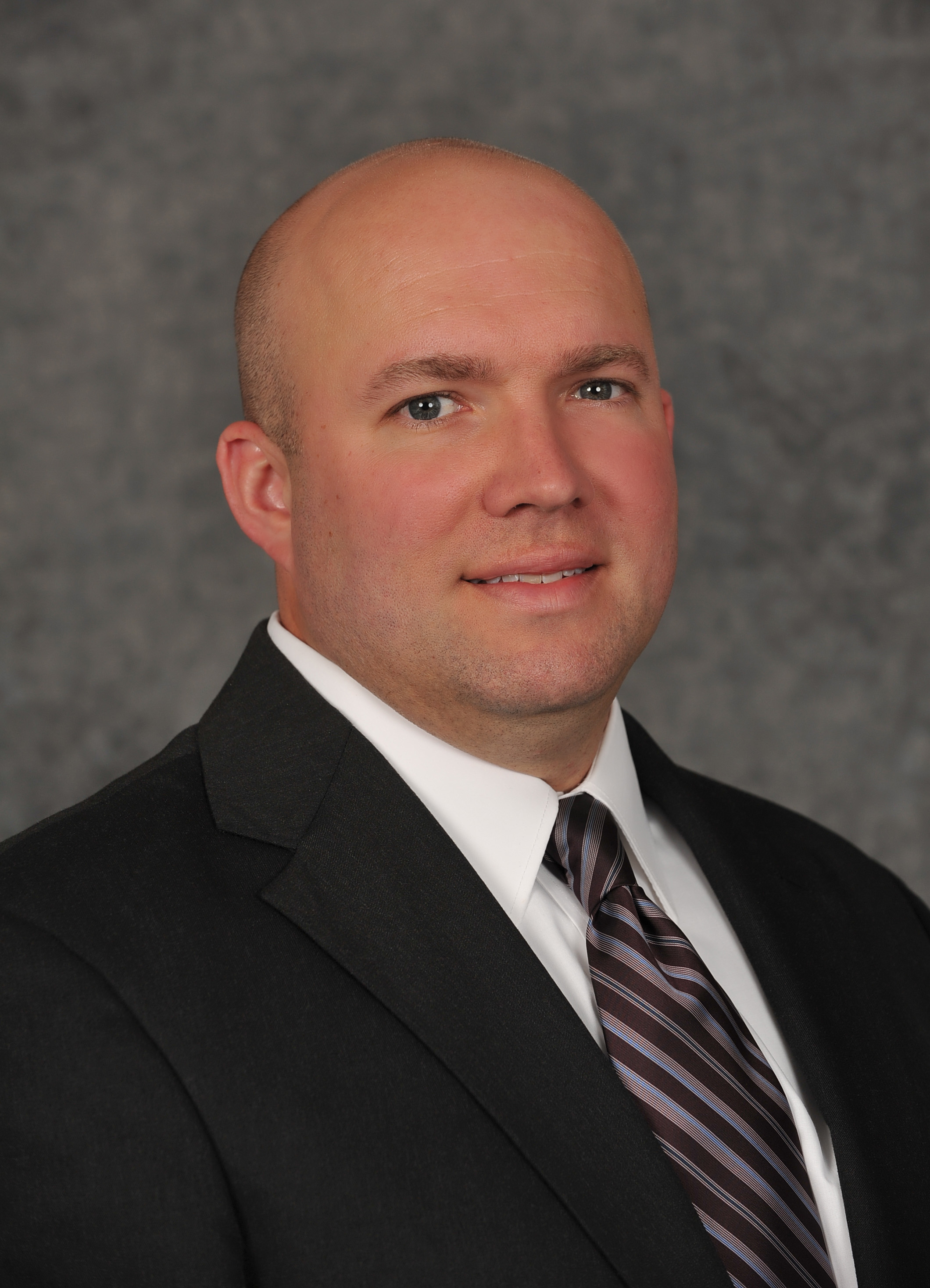
ALASKA:
The Alaska Supreme Court unanimously ruled an
election reform initiative can appear on the November ballot.
The court upheld a lower court decision confirming the legality
of a proposed ballot measure imposing ranked choice voting,
nonpartisan primary elections, and tough new rules on campaign
finance disclosure. In August of 2019, Attorney General Kevin
Clarkson released an opinion stating the election reform
initiative was unconstitutional under the single subject rule.
On his advice, the Division of Elections attempted to block the
Better Elections committee from gathering signatures to put the
issue on the ballot. However, Superior Court Judge Yvonne
Lamoureux ruled Clarkson’s analysis was incorrect and ordered
the state to issue signature booklets and continue the
certification process as the state appealed to the Supreme
Court. If approved by voters, the ballot measure would require
additional reporting requirements for large donations to
political campaigns.
NEW MEXICO:
In a 3-2 decision, the state Supreme Court denied a request to
allow lobbyists and the public into the Capitol, known as the
Roundhouse, during the special legislative session beginning
June 18. Justices denied a petition by 24 lawmakers to open the
Roundhouse to lobbyists and the public for the special session.
The petition argued prohibiting lobbyists from entering the
Roundhouse is a violation of the constitutional requirement to
make all legislative sessions public. The court concluded
virtual proceedings balance the need to protect the public from
the public health concerns of COVID-19 with the need to ensure
the legislative session remains open and transparent. The ruling
means those who want to follow the session will be watching
hearings from their computer screens rather than in committee
rooms and House and Senate galleries.
CHICAGO, ILLINOIS:
The Board of Ethics announced a further delay in the
implementation of non-profit lobbying rules to from July 1 to
the first of next year due to the continuing work by the city
and many non-profit organizations to respond to the COVID-19
crisis. Ethics Ordinance 2019-5305 imposes new registration and
reporting requirements on certain nonprofit interactions with
the city. With the announcement, the board and the mayor’s
office stated they are committed to working with non-profit
organizations and stakeholders to understand and respond to
concerns about the law as they work toward increasing
transparency in Chicago.
HAWAII:
The Hawaii Ethics Commission approved a package of proposals on
June 18 to amend and adopt portions of the Hawaii Administrative
Rules related to lobbying and gifts. The proposed rules are
designed to interpret and execute the statutes enacted by the
Legislature. The statutory requirement that statements of
contributions and expenditures must be filed by up to three
different entities is clarified by a new rule creating a single,
client-based report rather than requiring separate reports from
the client, the employing organization, and the lobbyist. The
rule eliminates the practice of having lobbyists submit
expenditure reports listing “zero” expenditures because all
expenditures were covered by the client or the employing
organization. Rule changes also include definitions for
direct lobbying and grassroots lobbying to clarify
that lobbying can be both direct and indirect, consistent with
the lobbying statute. Also, value of a gift is defined as
the cost a member of the public would reasonably expect to incur
to purchase it. The rules must now be approved by the Department
of the Attorney General, and then by the governor. Once they are
approved by both offices, they will be posted with the Office of
the Lieutenant Governor for 10 days before becoming effective.
ILLINOIS:
Due to the COVID-19 pandemic, the Board of Elections announced
an amnesty period for late filers of the March 2020 quarterly
report of campaign contributions and expenditures, due April 15.
No penalties will be assessed for reports filed on or before
June 30. Similarly, no penalties will be assessed for late
Schedule A-1 reports of contributions of $1,000 or more, due
between March 18 and June 30, as long as they were filed on or
before June 30. Late reports (Quarterly or A-1) filed after June
30 will be subject to statutorily mandated penalties. The
board’s one-time amnesty will not apply to the upcoming June
2020 Quarterly Report, which is due no later than July 15. |
At any given time,
more than 1,000 legislative bills, which can affect how you do
business as a government affairs professional, are being
discussed in federal, state, and local jurisdictions. These
bills are summarized in State and Federal Communications'
digital encyclopedias for lobbying laws, political
contributions, and procurement lobbying and can be found in the
client portion of our website.
Summaries of major
bills are also included in monthly email updates sent to all
clients. The chart below shows the number of bills we are
tracking regarding lobbying laws, political contributions,
and procurement lobbying.
| |
Total bills |
Number of
Jurisdictions |
Passed |
Died |
Carried over
from 2021 |
|
Lobbying Laws |
310 |
41 |
19 |
137 |
0 |
|
Political
Contributions |
505 |
52 |
38 |
170 |
7 |
|
Procurement
Lobbying |
309 |
43 |
22 |
124 |
1 |
|
|
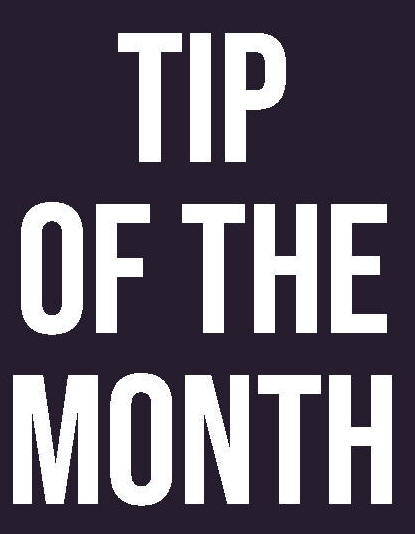 |
Determining what law applies to the county or city
you are researching can be difficult. State and
Federal Communications takes the confusion out of
the process. The Applicable Law section, found in
all of our publications, outlines the laws cited in
the entry you are viewing. In county and city
entries, if a state law applies, it will be listed
and cited in addition to any applicable local laws.
We also directly answer for you whether state laws
apply to local jurisdictions in the Lobbying
Registration, Gift, and Procurement Lobbying
Pay-to-Play sections. This allows you to always know
the universe of laws applicable to your local
advocacy efforts. |
|
|
|
|
State and Federal Communications’ Experts
Answer Your
Questions
Here is your chance
to “Ask the Experts” at State and Federal Communications, Inc.
Send your questions to
experts@stateandfed.com. (Of course, we have
always been available to answer questions from clients that are
specific to your needs, and we encourage you to continue to call
or email us with questions about your particular company or
organization. As always, we will confidentially and directly
provide answers or information you need.) Our replies are not
legal advice, just our analysis of laws, rules, and regulations.
|
 |
During the various
COVID-19 stay-at-home orders, I have contacted elected
officials only by means of emails, phone calls, and
video conferences. Do I still need to worry about
registration and reporting requirements for these
interactions? |
|
 |

Yes, state and local
lobbying statutes and regulations often consider
electronic means of contact equivalent to in-person
communications. Though emails, phone calls, and possibly
video calls were already part of your routine
interactions with elected officials, office closures and
travel restrictions have put an emphasis on these
methods. As a consequence, scrutiny of such
communications, whether from the public, a competing
business, or the regulating body may increase...
Read the full article here
Click here to read ALL Ask the Experts articles in full
Please fill out the small form to gain access to all
articles! Thanks.
For complete and up-to-date information on changes due
to COVID-19, please visit our LobbyComply Blog at
https://stateandfed.com/lobbycomply/how-the-states-are-reacting-to-covid-19/.
Kevin Newman, Esq.
Manager, Compliance Services |
|
|
|
|
|
|
|
Our Senior Management
Team |
|
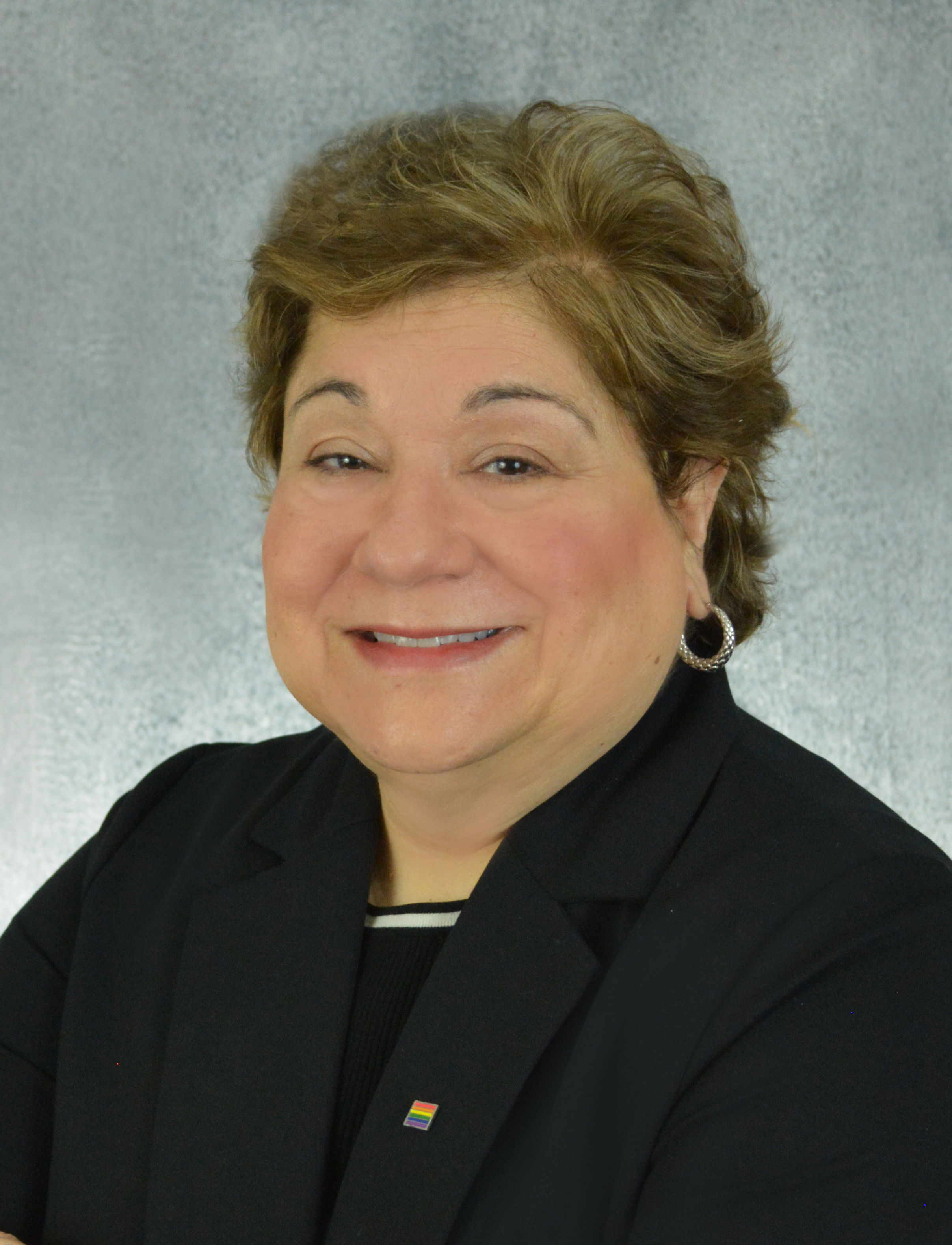 |
 |
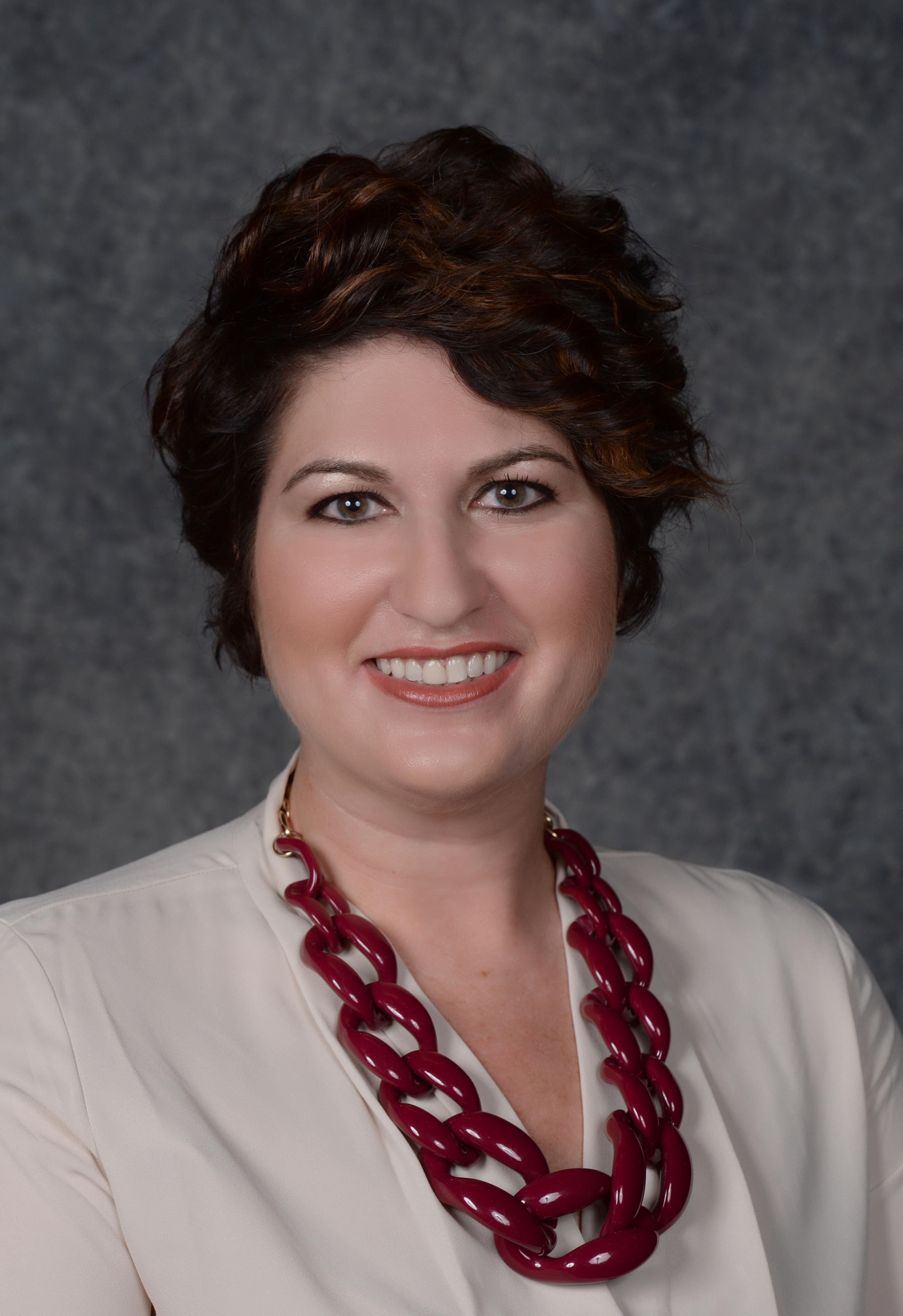 |
 |
Elizabeth Z. Bartz
President
and CEO |
Renold A. Koozer
Vice
President |
Amber Fish Linke,
Esq.
Director, Client and
Product Operations |
Mark Sedmock, CPA
Comptroller |
|
We are working
every day to make sure our staff has the means
to get the work done and stay healthy.
We have read everything and have learned a lot.
Working together, we will succeed.
|
|
|

|
COMPLIANCE
NOW is published for our customers and friends.
Click here
to
SUBSCRIBE
or
click here
to UNSUBSCRIBE.
Click here to send us
comments regarding the COMPLIANCE NOW e-newsletter.
State and
Federal Communications, Inc. | Courtyard Square | 80
South Summit St., Suite 100 |
Akron, OH 44308 |
| 330-761-9960 | 330-761-9965-fax | 888-4-LAW-NOW|
www.stateandfed.com
|
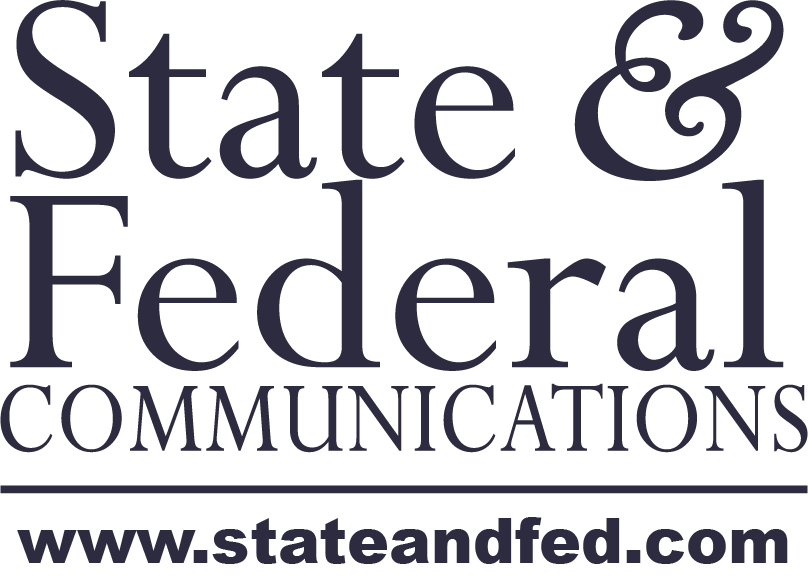 |
The Mission of
State and Federal Communications is to make
sure that your organization can say,
"I Comply."
We are the
leading authority and exclusive information
source on legislation and regulations
surrounding campaign finance and political
contributions; state, federal, and municipal
lobbying; and procurement lobbying.
Contact us to
learn how conveniently our services will
allow you to say "I
Comply" for your compliance
activities. |
www.stateandfed.com |
|